Your cart is currently empty!
Trump Gets His Wish as Coca Cola Launches Cane Sugar Version
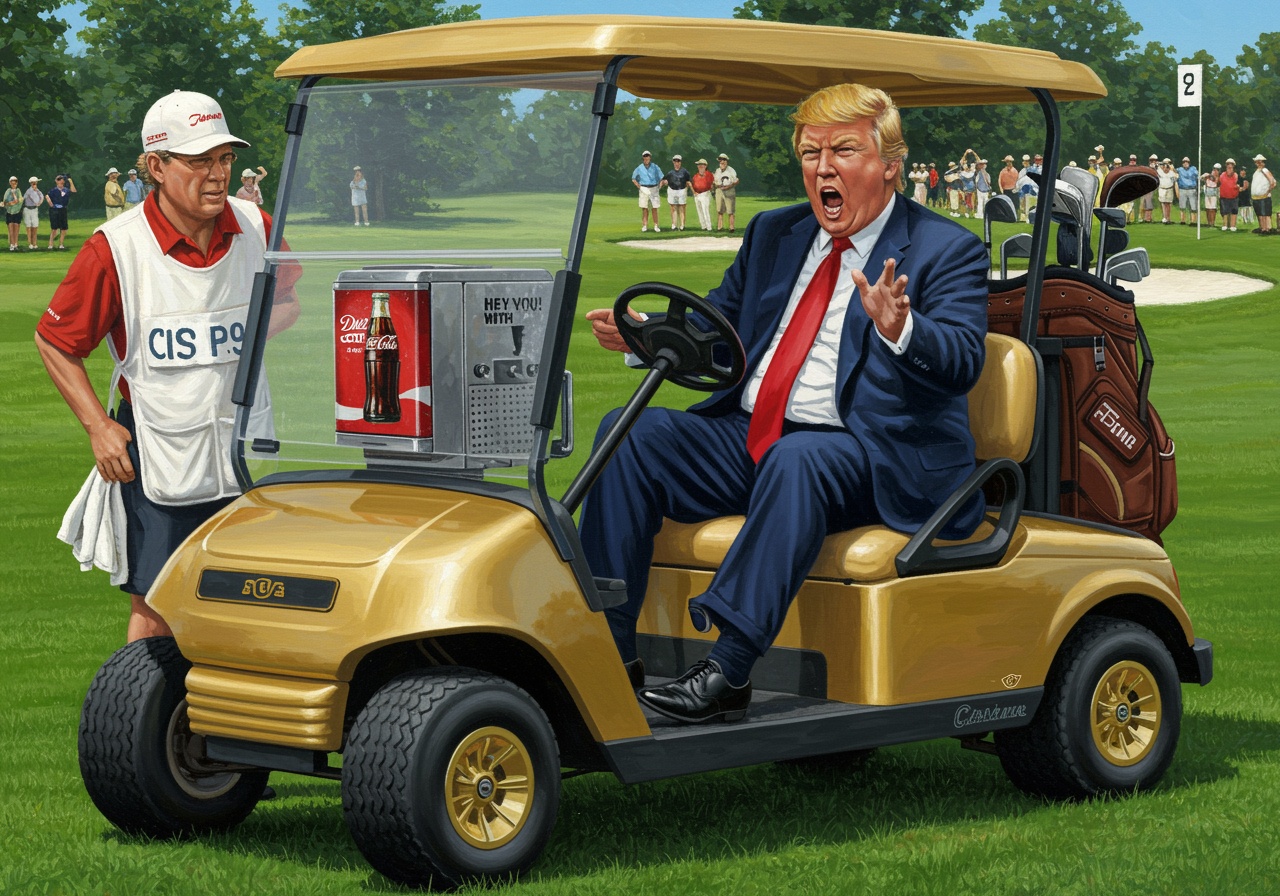
For decades, Americans have sipped their Cokes with a dose of nostalgia and a splash of corn syrup. But this fall, Coca-Cola has made a fizzing pivot that has everyone talking from die-hard soda fans to political pundits. After months of public prodding from former President Donald Trump, the Atlanta-based beverage giant is officially rolling out a version of its flagship drink made with real cane sugar in the United States. And, of course, Trump wasted no time taking credit.
The company confirmed that its new 12-ounce glass bottles of Coca-Cola “Original Taste” sweetened with U.S. cane sugar have started hitting select U.S. markets. The rollout, Coca-Cola says, is a celebration of both American production and a nod to consumer nostalgia. Yet, behind the shiny glass bottles lies a fascinating blend of politics, supply chain juggling, health debates, and good old-fashioned marketing magic. Because when the most powerful figures in the country start debating soda recipes, you know something sugary is bubbling beneath the surface.
Trump’s Sweet Victory
Donald Trump first teased the idea in July with one of his trademark proclamations on Truth Social, claiming that Coca-Cola had agreed to his request for “REAL Cane Sugar” in its American Coke. “You’ll see,” he promised. “It’s just better!” Within weeks, Coca-Cola confirmed the rumors were at least partially true. A new line of Coke made with cane sugar was indeed on its way, to be sold in the U.S. for the first time in decades.
Coca-Cola’s leadership walked a careful line, neither denying Trump’s involvement nor leaning too heavily into the political attention. The company said the launch was part of its ongoing effort to give consumers “more ways to enjoy the beverages they love.”
But the timing was unmistakable. The new Coke arrived right on the heels of Trump’s calls to replace high-fructose corn syrup a move aligned with his administration’s “Make America Healthy Again” initiative, championed by Health Secretary Robert F. Kennedy Jr. Kennedy has long argued that corn syrup contributes to obesity and diabetes, even calling it “poison.” When the change was finally announced, Kennedy celebrated on social media: “MAHA is winning.”
Trump, for his part, framed it as a patriotic triumph. Mexican Coke the international version sweetened with cane sugar has long had a cult following among American soda lovers, who swear it tastes cleaner and more refreshing. Trump’s push was, in a sense, about bringing that taste “home.” And Coca-Cola, perhaps sensing a marketing moment too good to pass up, leaned in just enough to make it happen.
The Taste of Nostalgia
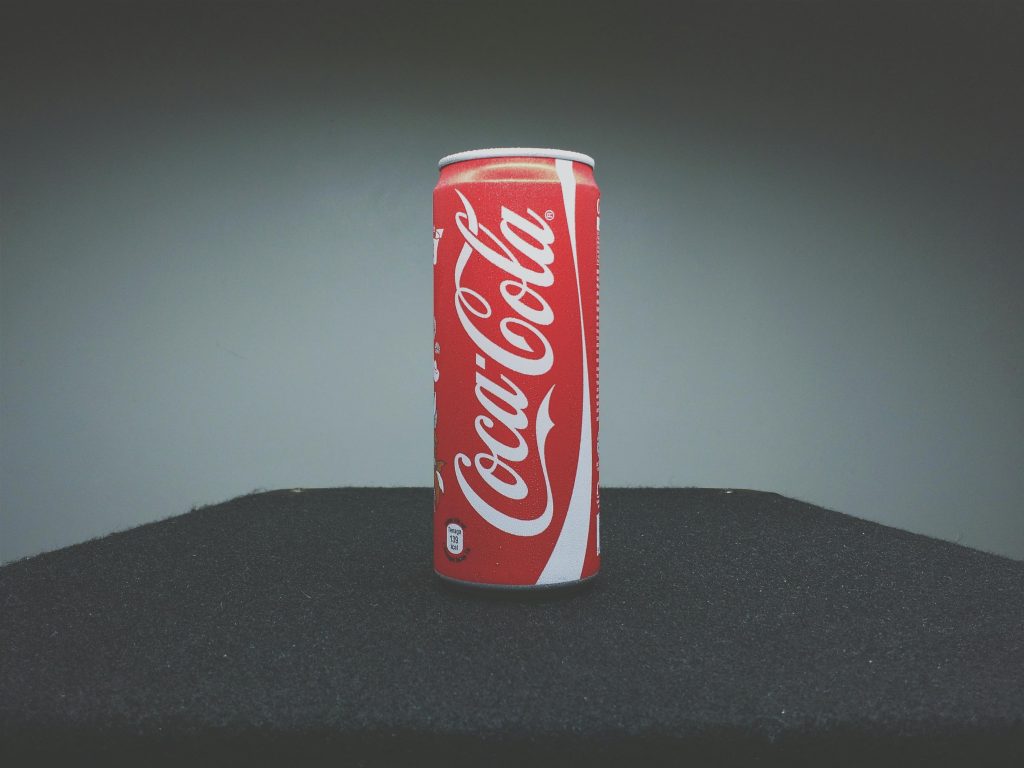
The new cane-sugar Coke isn’t replacing the standard U.S. version, which will continue to use high-fructose corn syrup. Instead, it’s being released as a premium, limited-edition option. The soda comes in iconic glass bottles a deliberate aesthetic choice that evokes mid-century Americana, back when Coke was a nickel and Elvis was king.
Fans of Mexican Coke have long praised its sharper, cleaner sweetness compared to the corn syrup variety. Blind taste tests have shown that many consumers prefer the cane sugar version, though the science behind the flavor difference is debatable.
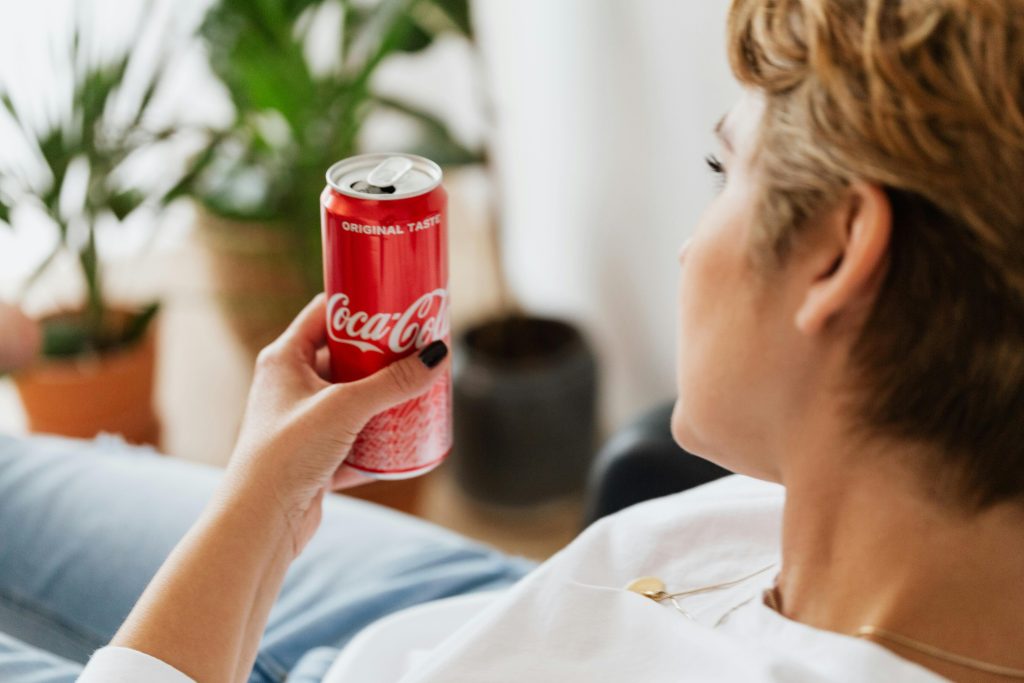
The New York Times once reported that participants consistently chose the cane-sugar option, even when they didn’t know which was which. Nostalgia, it seems, might be just as powerful an ingredient as sugar itself.
Still, the politics surrounding this new Coke flavor are impossible to ignore. Trump’s endorsement turned what could have been a simple product launch into a cultural flashpoint. Was this a savvy corporate move to ride a political wave, or an attempt to bridge America’s divided tastes, one bottle at a time? Either way, it worked. The phrase “Trump-approved Coke” began trending across social media, proving once again that the intersection of politics and pop culture is where virality thrives.
Sweet Supply Chain Struggles
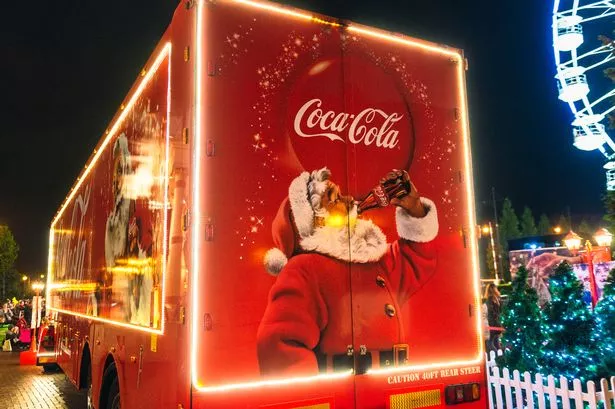
There’s a reason Coca-Cola hasn’t used cane sugar in its American sodas for decades: economics. High-fructose corn syrup, introduced in the 1970s, is cheaper to produce and more shelf-stable. Switching back isn’t as simple as turning off one tap and opening another. It requires access to large quantities of cane sugar and the United States doesn’t produce nearly enough to meet demand.
Coca-Cola’s Chief Financial Officer John Murphy told Bloomberg that supply chain limitations are forcing a slow rollout. “It’s going to be a measured rollout,” he said. “There is only a certain amount of cane sugar available in the United States.” Even glass bottles are proving to be a bottleneck literally. Production lines for glass packaging are slower and more expensive, making nationwide expansion a long-term challenge.
So for now, this sweet experiment will be limited to select retailers and cities. It’s not yet clear where the soda will be easiest to find, though Murphy hinted that expansion could accelerate by 2026 as the company scales up glass bottling capacity. In an era when everything from chips to chocolate bars faces supply chain crunches, even a nostalgic soda must battle the logistics of the modern world.
Is Cane Sugar Really Healthier?
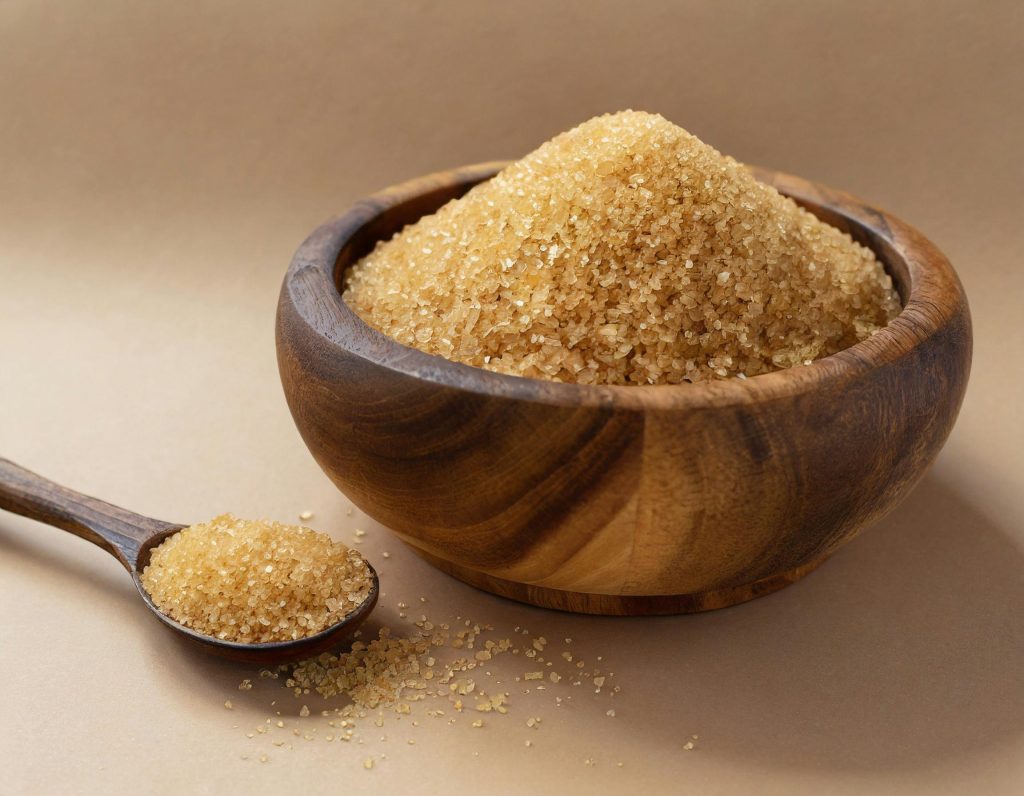
The excitement over cane sugar Coke might make you think it’s a healthier choice after all, it sounds more natural, right? But nutrition experts warn that switching sweeteners doesn’t turn soda into a health drink. Caroline Susie, a registered dietitian and spokesperson for the Academy of Nutrition and Dietetics, told Health magazine that “our bodies aren’t going to know if that’s cane sugar or high-fructose corn syrup. We just know that it is sugar, and we need to break that down.”
Dr. Wesley McWhorter, another spokesperson for the Academy, explained the chemistry: cane sugar (sucrose) is made up of about 50% fructose and 50% glucose, while high-fructose corn syrup typically has around 55% fructose. In other words, they’re functionally similar. The FDA itself has said it’s “not aware of any evidence” suggesting a difference in safety between high-fructose corn syrup and other common sweeteners.
Still, perception matters. The term “real sugar” carries an emotional punch, conjuring up ideas of authenticity and simplicity in a world increasingly wary of processed ingredients. Coca-Cola knows this well. By framing the new product as a throwback rather than a health upgrade, the company sidesteps the science while leaning hard into sentimentality.
Coke’s Modern Balancing Act
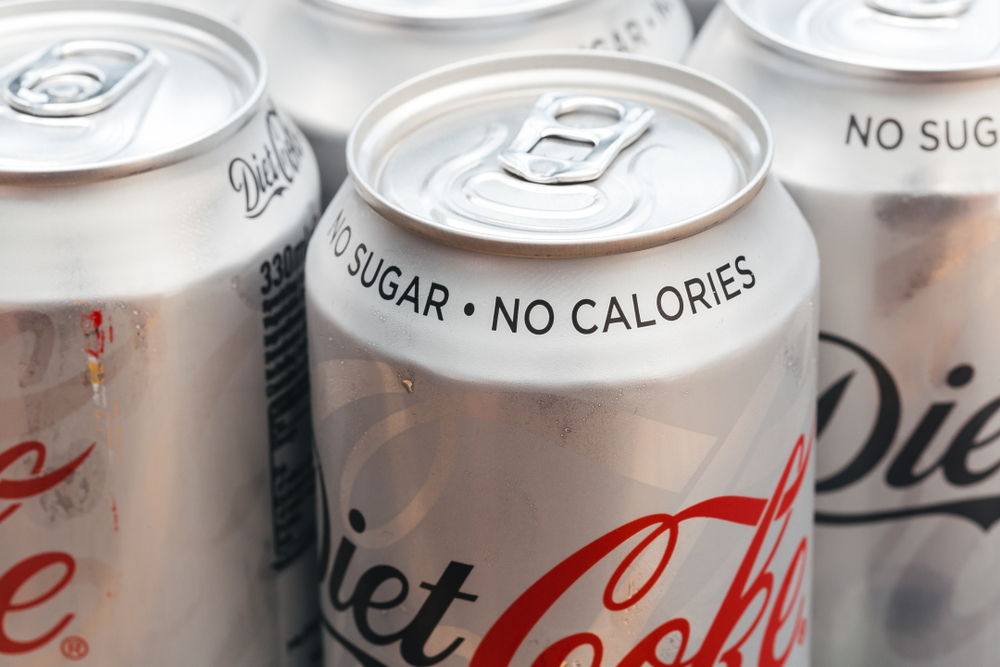
Behind the bubbly headlines, this launch also reveals a deeper truth about Coca-Cola’s evolving strategy. The company has spent years diversifying beyond sugary sodas, investing heavily in water, coffee, and energy drinks. Brands like Smartwater and BodyArmor are now growing faster than the company’s traditional colas. In its most recent earnings report, Coca-Cola noted that its sugar-free line, Coke Zero Sugar, saw a 14% global increase in volume a clear sign that many consumers are ditching calories, not chasing nostalgia.
And yet, the demand for nostalgia is powerful. The cane-sugar Coke sits perfectly between two eras: the old-school indulgence of classic Coca-Cola and the modern push for authenticity. For those who grew up sneaking a glass bottle out of the fridge, this version taps into something primal. It’s the taste of summer picnics, movie theaters, and late-night diners with a sprinkle of political theater.
As marketing campaigns go, this one’s a masterclass. Coca-Cola managed to capture headlines, spark a political debate, and resurrect one of its most iconic packaging designs, all without alienating any of its main markets. Whether you love Trump or loathe him, you can’t deny the genius of turning a decades-old recipe tweak into a nationwide talking point.
A Sugary Reflection
For all the buzz, Coca-Cola’s cane-sugar experiment probably won’t revolutionize health or consumer habits. The science is clear: too much sugar from any source isn’t great for the human body. But it does show something profound about modern consumer culture. We’re not just buying drinks; we’re buying stories, symbols, and memories. And sometimes, those stories come sweetened with nostalgia and a dash of politics.
Trump’s role in this saga underscores how intertwined politics and pop culture have become. The fact that a former president can influence the recipe of America’s most iconic beverage says as much about media power as it does about marketing. Whether you see it as a patriotic triumph or a publicity stunt, one thing’s certain: the story of cane-sugar Coke is a reminder that even in a divided America, there’s still something we can all agree on everything tastes a little better when it comes in a glass bottle.
So the next time you spot that curvy glass silhouette glinting in the store fridge, take a sip and think about the strange, sweet alchemy of taste, nostalgia, and politics that made it possible. In the end, Coca-Cola’s new drink might not just be about sugar. It might be about how even the simplest pleasures can carry the weight of a nation’s conversation one fizzy gulp at a time.
